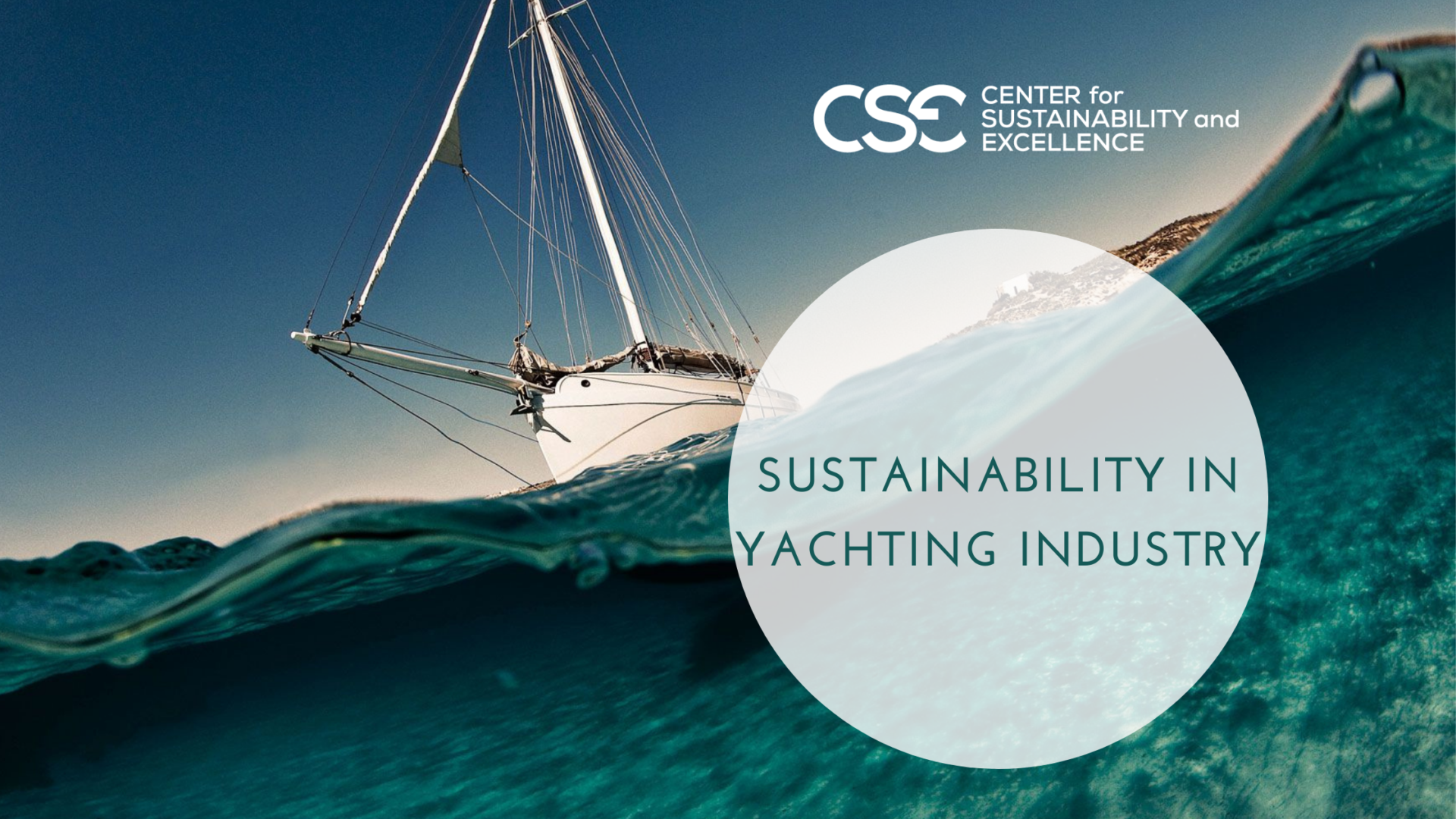By Nikos Avlonas, President and Founder of CSE
Sustainability is a continuous process that iterates on itself, meaning if you issue a Sustainability Report this year, you’ll want to do so again next year. What other steps might there be in the process for applying Sustainability in Yachting?
- Educating leadership
- Assessing the needs of stakeholders
- Developing a strategy to integrate sustainability plans and business plans
- Sustainability Reporting
- And again…
Which of these and other steps are most important?
So, you know that your stakeholders need to make informed decisions. You’ve gathered the data, assessed what is lacking and made plans to incorporate greater sustainability initiatives to meet their needs. Now, how do you let your stakeholders know?
Sustainability Reporting is key. Good sustainability reporting requires one to follow a methodology, such as GRI Guidelines. Between picking a methodology and receiving external assurance lays the area of organizing the data, presenting it in a manner most approachable by the key stakeholders, ensuring transparency and appropriately reporting both the good and the bad of the company’s sustainability journey. As with materiality assessment, the process is part formula, part expertise and part art. As with materiality assessment, the use of expert consultants is a formidable route to gain the needed knowledge base.
Without Sustainability Reporting, one’s sustainability process flounders. Make sure the effort and expense are well executed and deliver the best returns.
The Center for Sustainability and Excellence (CSE) innovates in sustainability training and consulting and has an ambitious agenda for 2021 to continue supporting Fortune 500 and other organizations and keep them up to date with the latest research insights and best practices in Corporate Responsibility and Sustainability.







